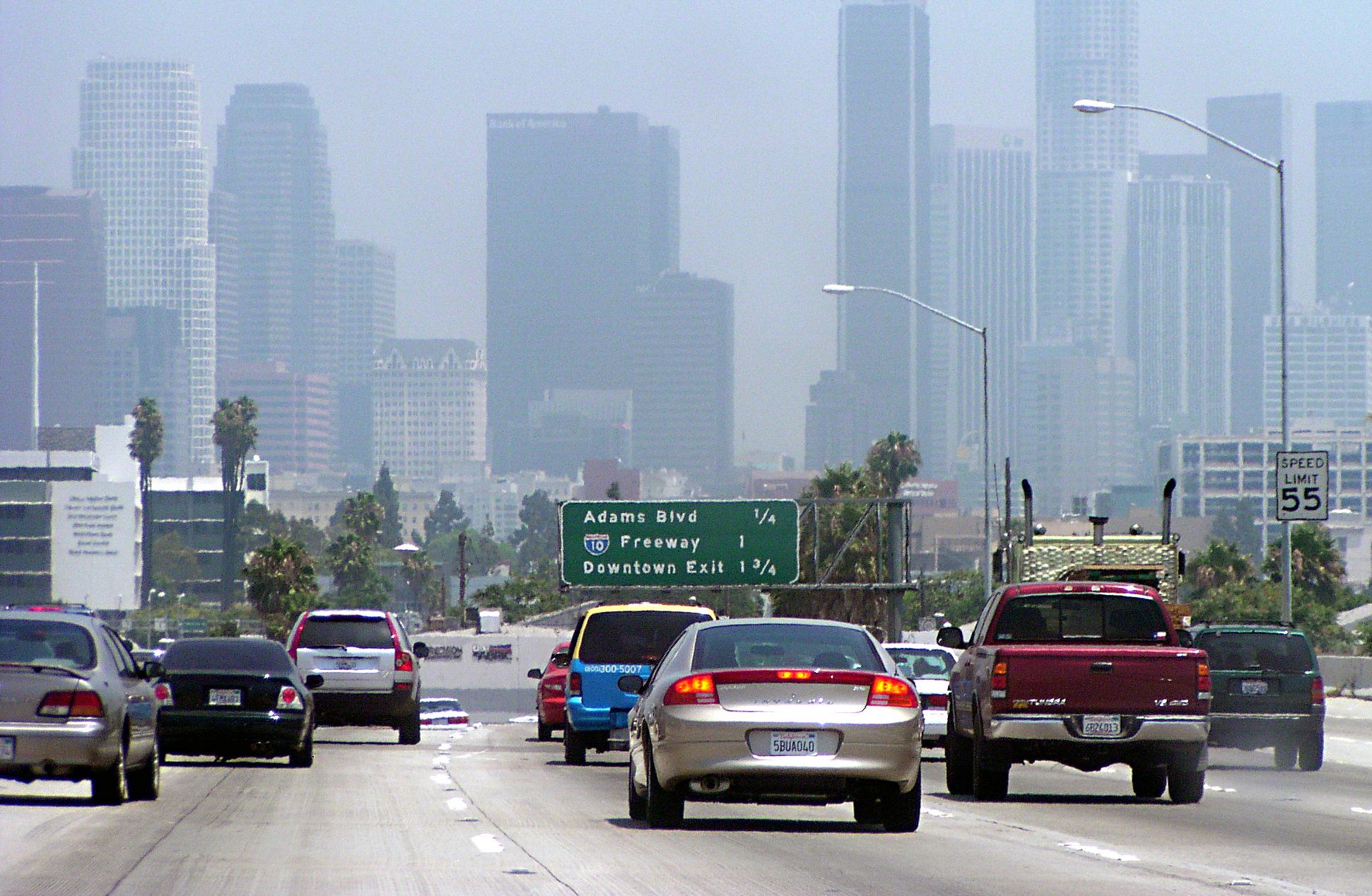These two men are serious about creating an infrastructure bank before they leave office.

Sens. Jay Rockefeller (D-WV) and Frank Lautenberg (D-NJ) -- both titans of the Commerce Committee, both retiring in 2015 -- yesterday re-introduced legislation to create such a bank. Their previous bill died at the end of the last Congressional session.
That bill, introduced in May 2011, never went anywhere -- but then again, it wasn't really meant to. It was intended to be rolled into a surface transportation reauthorization, but MAP-21 left behind this and other infrastructure bank proposals. Instead, it expanded the TIFIA loan program, which fills many, but not all, of the same functions that a bank would.
The new American Infrastructure Investment Fund Act, like the old one, would create an infrastructure investment "fund" -- they don't call it a bank -- within U.S. DOT, funded at $5 billion a year for two years. Six percent of that goes out in the form of grants, not loans -- good news for transit and maintenance projects that have a harder time earning enough revenue to pay back loans quickly. While it leaves open the possibility of funding other forms of infrastructure, the initial focus is exclusively on transportation.
The bill's introduction comes on the heels of President Obama's announcement of a plan to rebuild the country's infrastructure, a plan he says would cost $50 billion but hasn't offered a way to pay for. The Lautenberg/Rockefeller bill is very similar to the president's vision for an infrastructure bank.
Though Lautenberg and Rockefeller never signed on any other senators as co-sponsors to their 2011 bill, Rockefeller made it clear today that the idea has traction: "I know several other Senators are interested in this issue," he said in a statement, "and I have every intention of working with my colleagues as we move forward to develop a robust approach to maximizing the return on our public and private investments.”
The bill could leverage two or three times its outlay in loans and loan guarantees the way it's currently written.
"Right now, millions of dollars in private capital are parked on the sidelines," Rockefeller said. "We need to leverage federal dollars through the infrastructure fund our bill creates to encourage private investment and fully meet our infrastructure needs."
If an infrastructure bank is going to happen, this is the time to do it. True, any discussion of increased federal funding seems almost delusional as the country prepares to go into an economic tailspin over budget cuts. But not only are both of this bill's sponsors planning to retire in two years -- the two other main Senate champions of an infrastructure bank are already gone. John Kerry is now Secretary of State, and Kay Bailey Hutchison -- the one Republican champion -- left the Senate to launch an unsuccessful run for governor.
Virginia Sen. Mark Warner, the third co-sponsor of the Kerry-Hutchison infrastructure bank proposal, is reportedly interested in working with the Lautenberg and Rockefeller on this plan. Warner also sits on the Commerce Committee. As for a Republican co-sponsor, there is some hope that Sen. Lindsey Graham of South Carolina could get on board. But it hasn't happened yet, and Graham is notorious for backing out of bipartisan deals at the last minute.





